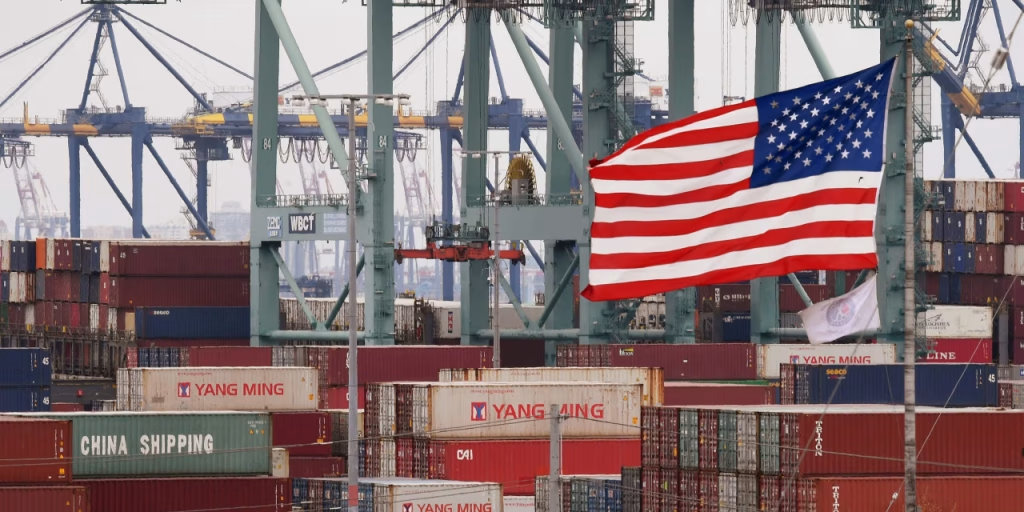In a significant development for international trade, Vietnam and the United States have agreed to begin negotiations on a reciprocal trade agreement, just hours after Washington hit pause on steep new tariffs targeting the Southeast Asian nation.
The move marks a strategic pivot in U.S.-Vietnam relations, with both sides signaling a desire to stabilize economic ties following a turbulent few days.
Last week, U.S. President Donald Trump announced a sweeping trade offensive that included a 46% tariff on Vietnamese goods — a move that caught many by surprise, given Vietnam’s growing role as a key manufacturing hub and close trade partner.

However, in a welcome shift, Trump delayed implementing the tariffs on Wednesday. The decision came amid mounting concerns that such a sharp tariff hike could severely disrupt Vietnam’s export-driven economy — especially since the United States was Vietnam’s largest export market in the first quarter of the year.
READ ALSO: Asia Roars Back: Markets Rebound After Trump’s 90-Day Tariff Truce
Vietnam’s Deputy Prime Minister Ho Duc Phoc responded swiftly, suggesting that both nations should initiate talks toward a bilateral trade agreement aimed at fostering stable, mutually beneficial relations.
According to a government statement, the U.S. has agreed, with both sides preparing to launch technical discussions immediately. Phoc, who has been tasked by Vietnam’s top leadership to spearhead negotiations, met with U.S. Trade Representative Jamieson Greer to lay the groundwork.

During his visit to the U.S., Phoc also engaged with American lawmakers, organizations, and major businesses. One of the trip’s standout outcomes was a major aviation financing deal: Vietnamese low-cost carrier Vietjet signed a $300 million agreement with AV AirFinance to expand its fleet. The deal is part of a larger $4 billion aircraft financing package Vietjet has secured from key U.S. partners.
Notably, AV AirFinance confirmed that deliveries of Boeing 737 MAX aircraft will begin this year — a fulfillment of a $24 billion order originally inked in 2019. The presence of Phoc at the signing ceremony underscored the broader diplomatic and commercial efforts in play.
For Vietnam, the stakes are high. The country had earlier requested a 45-day delay on the tariff rollout, warning that the new levy could severely undermine its economic growth model — one that is heavily dependent on exports to the U.S.

As a gesture of goodwill, Hanoi has pledged to boost purchases of U.S. goods, including security and defense equipment. Vietnam has also addressed several of Washington’s longstanding concerns, particularly those related to trade practices and its perceived role in helping Chinese goods circumvent U.S. tariffs.
President Trump, in defending the tariff threats, claimed that Vietnam imposes a 90% duty on U.S. products — a figure that appears to reflect America’s $123.5 billion trade deficit with the country last year, rather than any official tariff rate. His administration has taken a hardline stance, expressing frustration over what it sees as Vietnam’s indirect role in diluting sanctions aimed at China.
Despite the tension, Thursday’s developments hint at a more cooperative path forward. With talks now set to begin, both nations have a window of opportunity to recalibrate their economic relationship — one built on greater reciprocity, transparency, and long-term strategic value.
Discover more from Scoop Hub
Subscribe to get the latest posts sent to your email.

